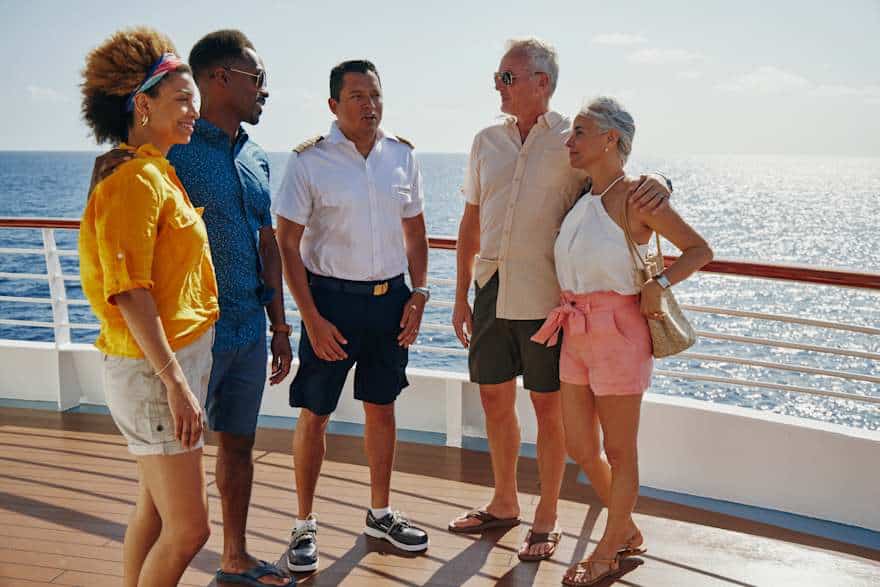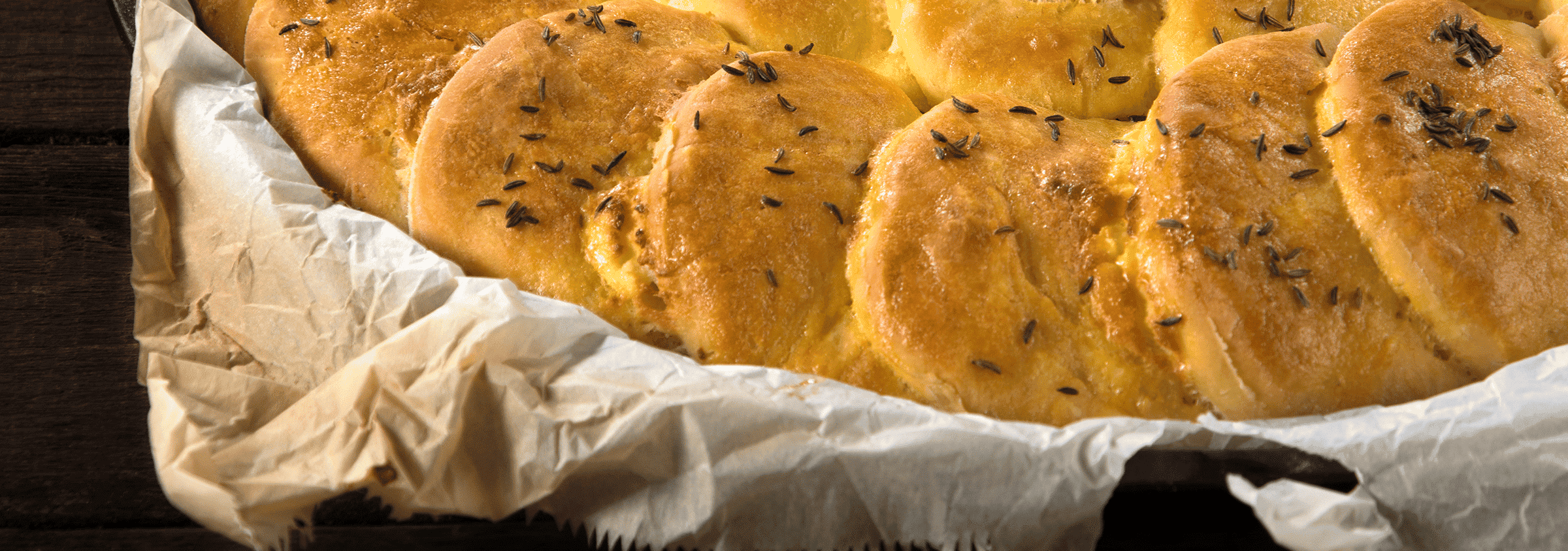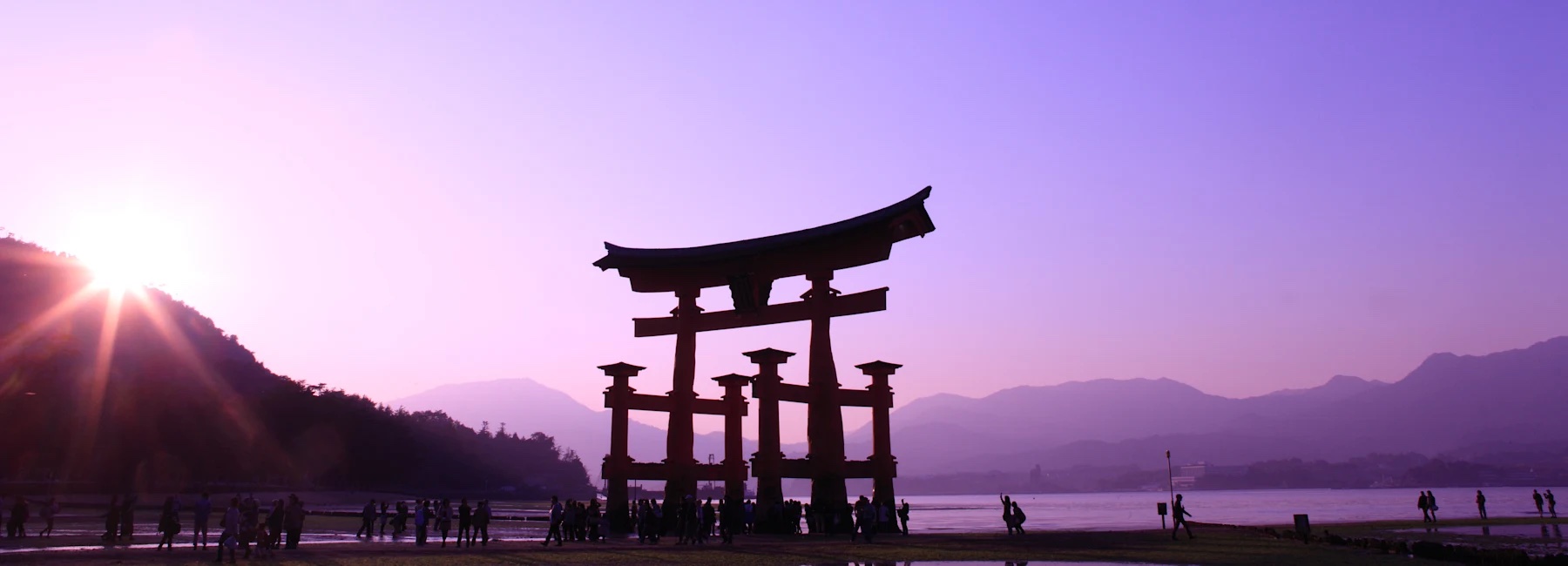What do you get when you combine passion, attention to detail, a discerning palette and some of the finest vineyards in existence? You get delicious wine. Chris Figgins is President and Winemaking Director for Figgins Family Wine Estates of Walla Walla, Washington, where he ensures that both Leonetti Cellar and his personal FIGGINS brand produce some of the finest wines in the world, while the beef he produces at Lostine Cattle Company is second to none.
We had the chance to sit down with Chris and ask him some questions and it was truly a pleasure – his sincerity and dedication were apparent in every word he spoke. We are thrilled to have him with us on Wind Surf’s February 18th Yachtsman’s Caribbean voyage where he will share his passion and knowledge for wine, and here’s a taste of what’s to come:
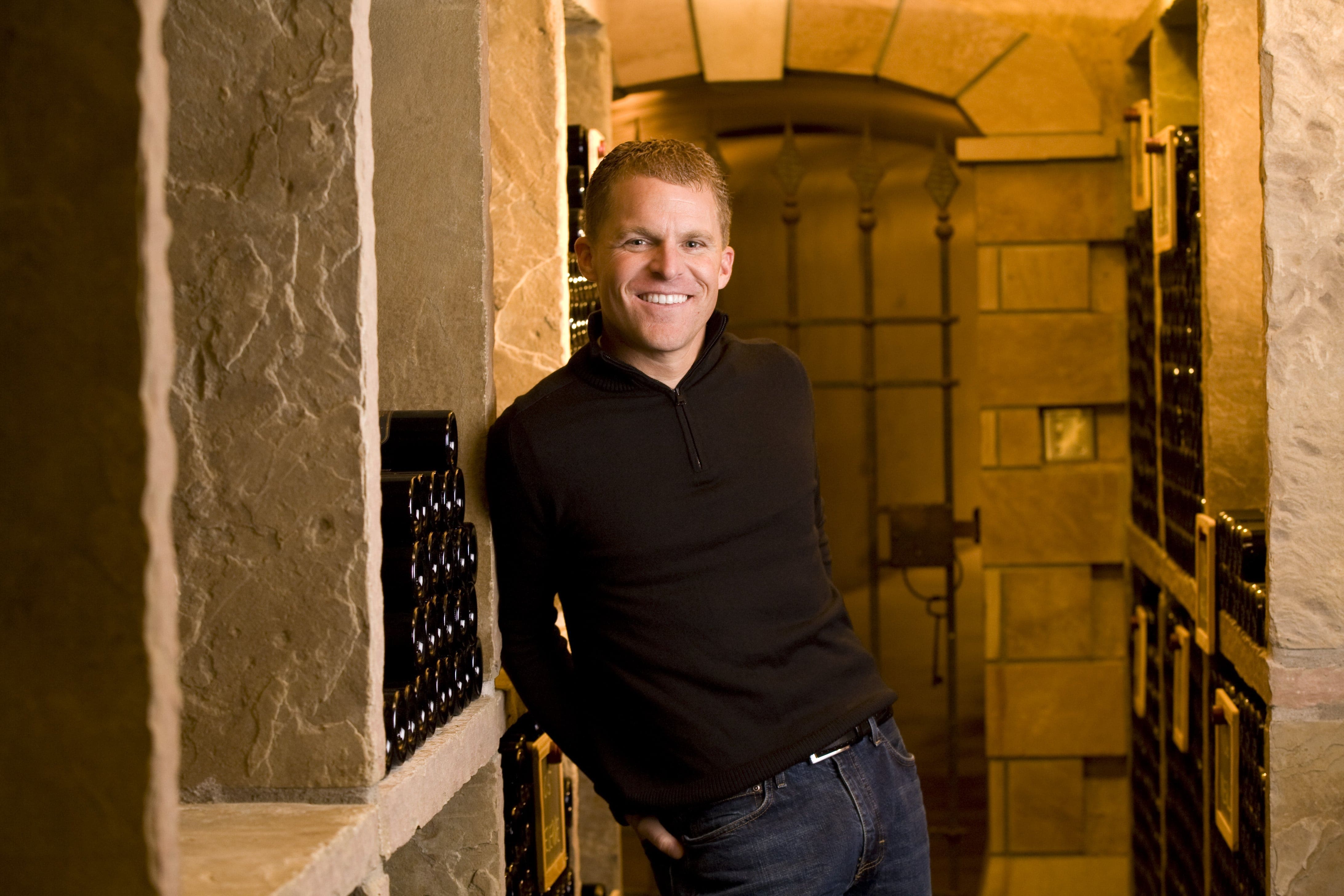
Growing up in a family of winemakers, did you ever have any doubt that you would follow your heritage?
“Yes. Absolutely. I started in college studying engineering and it wasn’t until midway through college that I became interested in wine. I think it was because we ran out of beer,” Chris charmingly chuckles. “So I started pursuing a degree in Horticulture and really starting focusing on viticulture from that point forward.”
How do you carry on your parents’ legacy?
“The legacy of my family is one of quality, from the way we treat customers, to how we treat employees and of course, how we make wine. The best way I know how to honor that legacy is to use it as a sort of springboard, ensuring I stay true to their standards of quality in everything I do.”
If a visitor came to your cellars and asked to try one wine, what would your choice be?
Without hesitation, Chris answers, “Cabernet. It would have to be Cabernet. What we grow here in Walla Walla is as good as anywhere in the world – it is simply the best.”
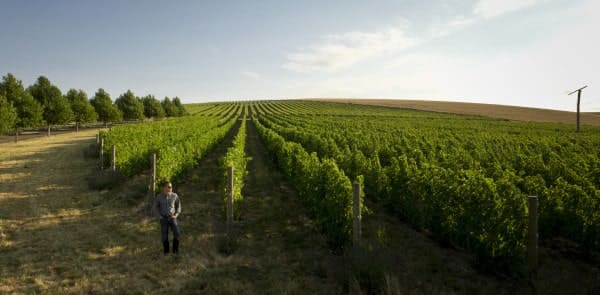
We know that sustainability is a particular interest of yours. What steps have you taken to make your farming sustainable?
A long pause ensues before Chris replies, “How long do you have?” He chuckles a bit and begins, “There are really three pillars. The first is economics. Your economics have to be sustainable, or the rest just falls apart.”
“The second is social sustainability. This entails how we treat our customers AND our employees. Our philosophy is unique in wine if not all of agriculture. Wine can be a very seasonal business, but we make sure that our employees have work year-long and that they are taken care of for the long haul with 401(k)’s.”
“And the third pillar is environmental. A lot of people think that this one aspect is all sustainability consists of, though we believe that all three pillars are essential. We make sure that our soils do no harm. We have eliminated harmful chemicals, have improved our soils by doing composting, and recycle 100% of organic matter on our site. We vigorously monitor water usage, using no more than necessary (which is essential in winemaking anyway to ensure quality). We are also among the first founders of VINEA, which is a local sustainable winemaking trust which ensures that members adhere to certain standards.”
What is your vision for FIGGINS – your single vineyard wine, and how did it come to be?
“In the early 2000s I made my first trip to Bordeaux and was just blown away by the dedication to the site. There’s a continuum between the site, the winery and the brand which really struck me. We very much have that focus for FIGGINS – a blended wine grown from a really special site we acquired in 2002. This is a special blend and I want it to speak for itself. This fall we released a 2008 vintage – 9 years in the making – which will represent us.”
You are not just a winemaker – you have also taken a vested interest in grass-fed beef. What drove you to establish the Lostine Cattle Company?
“Well, two things, really. First is that I always had a romantic dream of being a cattle rancher.” He stops for a second before chuckling, “I suppose that really is the same reason people become winemakers – the romance of it. It is something I had always wanted to do later in life, but fortuitous circumstances allowed it to happen sooner. My partner and I spent a great deal of time looking for the perfect site, and there is this incredible spot on the other side of the Blue Mountains called Wallowa Valley – just an ideal grazing spot with beautiful rich grass. My partner is actually a master falconer by trade who understands animals the same way I understand plants. It’s truly been a beautiful fit.”
“The second reason is a philosophical one. I have a belief that the way much of the food is processed in our country – particularly beef – is seriously flawed. I was deeply influenced by Michael Pollan’s Omnivore’s Dilemma, among others. I really wanted to take the same model of sustainable state-grown winemaking and apply it to beef, which means we only use the best sites and raise the cattle in the best possible way. It truly is among the finest beef in the country – 28 day aged, no chemicals, no hormones.”
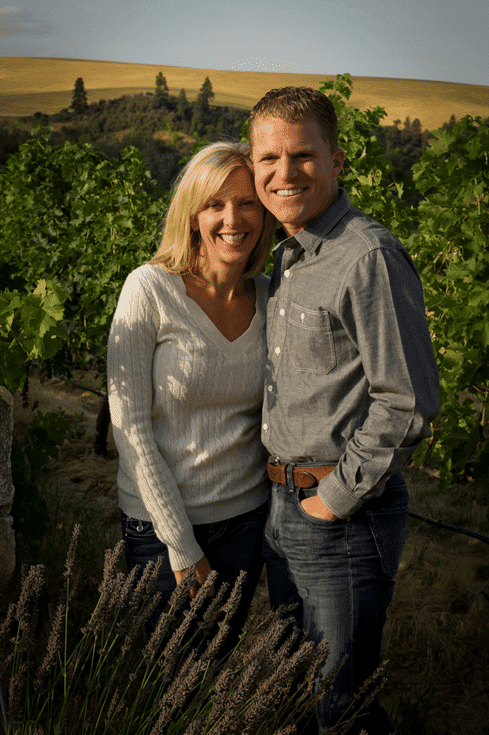
From viticulture to sustainable agriculture to organic beef – what else can we expect to see from you in the upcoming years?
He laughs, “Great question! Ha, I’m going to sound like I’m running for office – let’s just say I’m peeking outside the Walla Walla Valley to plant vines for the first time. In the distant future, I would love to see our vision for wine and beef come full circle with a restaurant where we could really control every element and ingredient from the ground up. I have a great deal of respect for individuals in the restaurant business – it is quite the undertaking!”
Do you have a message for fans of your products?
“YES!” he adds emphatically. “I want them to know they can count on us for consistent quality and maintaining the focus on staying small. We never want to get so large that we lose control of the quality. Know that our products are produced by people who care, and that sustainability will always be a part of what we do.”
Visit here to learn more about Chris Figgins and his legacy of quality!























